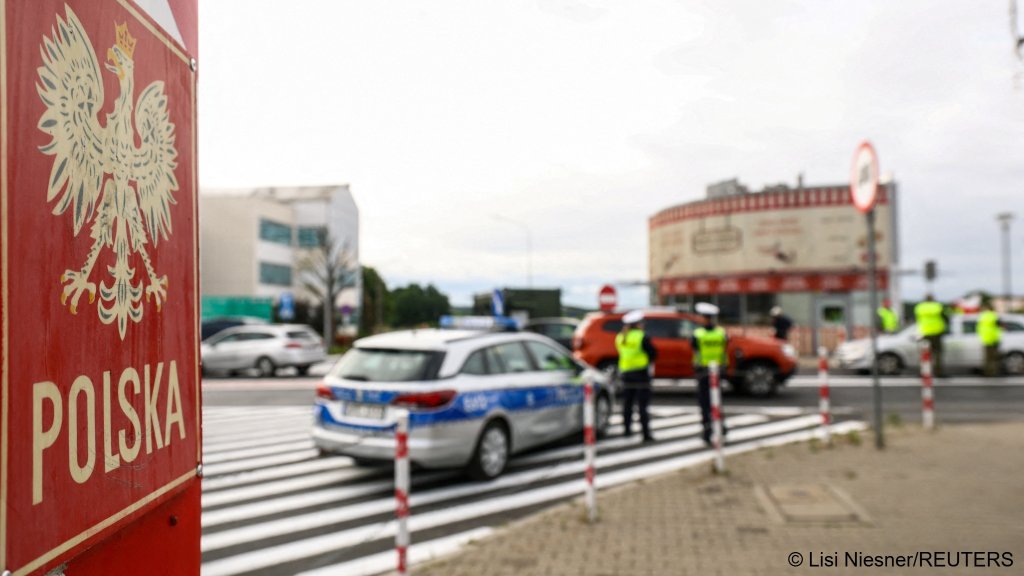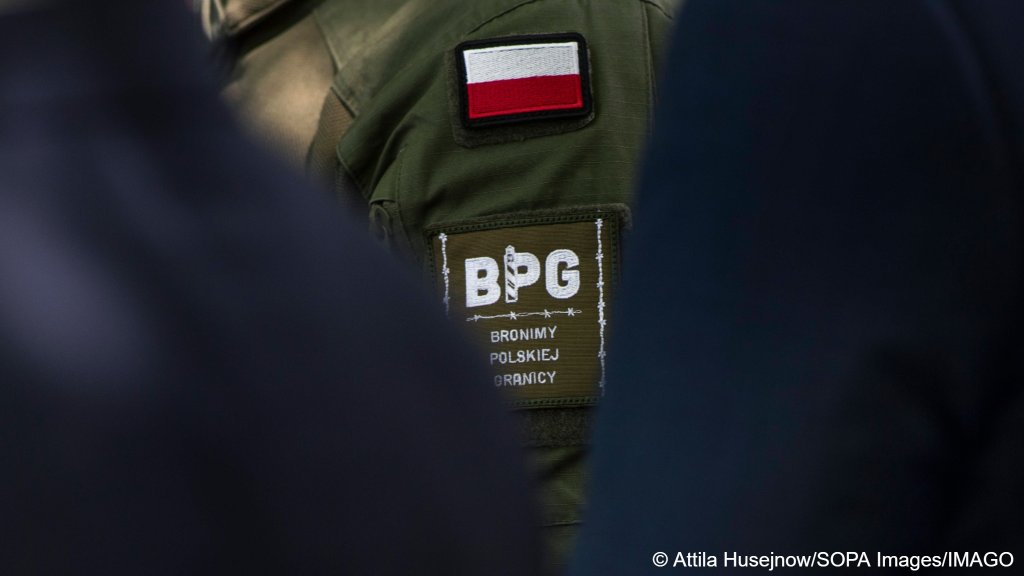At midnight on Sunday, Poland reintroduced temporary border checks with Germany and Lithuania to curb irregular migration amid rising anti-immigrant sentiment and political tensions with Germany. Far-right groups in Poland are accusing Germany of sending back undocumented migrants onto Polish territory.
Poland has reinstated border checks with Germany and Lithuania as part of efforts to combat irregular migration. The measures, which began at midnight on Sunday (July 6) and took effect on Monday (July 7), come amid growing public anger over immigration and mounting political pressure within Poland and across Europe.
Polish Prime Minister Donald Tusk announced the temporary controls, which are initially set to last for 30 days, with the possibility of an extension. The government says the move is necessary to manage migration more effectively, especially from the Middle East. The authorities in Poland say people from that region are using Poland as a transit point to reach Western Europe.
Warsaw cited the need to prevent irregular migration as a primary reason for the reintroduced checks, especially in the wake of stricter measures by neighboring Germany.

Suspected smuggler and four Afghans stopped
In the wake of the new checks, Polish border guards detained an Estonian national for allegedly smuggling four Afghan migrants across the border. The Interior Minister, Tomasz Siemoniak, has stressed a need for enhanced measures to combat irregular migration.
On July 7, a spokesperson for the Polish Interior Minister, Jacek Dobrzynski posted more details about this incident on the social media platform X. Dobrzynski said the checks had already stopped a suspected smuggler, a national from Estonia, attempting to bring four Afghans over the border with Lithuania.
According to Dobrzynski, "It turned out that two months earlier [the group] had all tried to cross the Polish-Belarusian border. When our security measures proved impossible to overcome, the Belarusian services took them to the border with Latvia. From there, through Lithuania, the men tried to get to Poland again and then to Germany. After the activities are completed, the detained Afghans will be handed over to the Lithuanian side as part of the readmission procedure."
Dobrzynski said that he wanted to underline that the Polish border is a "secure border."
Poland accuses Germany of sending back migrants
Germany has already tightened its own border controls with Poland. Demonstrators in Warsaw accused the German authorities of sending back undocumented migrants. The Polish governmen has also criticized the move, saying it places an undue burden on Poland.
Poland also argues that migrants in Belarus are trying to enter the EU through Latvia and Lithuania because their border patrols are weaker.
Far-right groups within Poland have also said Germany has been transporting migrants into Polish territory. This rhetoric has been part of the broader anti-migrant sentiment that has sparked protests and vigilante actions such as stopping vehicles at the border of Germany.

Far-right groups, such as the Border Defense Movement (BPG), have vowed to continue unauthorized patrols along the Polish-German border, despite being criticized by the government.
These groups, often critical of the Polish government’s handling of immigration, claim they are performing a public service by monitoring official border checks.
In response, Polish authorities have warned that impersonating border enforcement could lead to legal consequences. However, politicians from Poland's conservative opposition Law and Justice (PiS) party have praised the vigilante patrols.
An erosion of Schengen principles?
The border checks, which affect major crossings between Poland and Germany, as well as Poland and Lithuania, have already led to concerns about potential traffic disruptions. Lithuanian officials have said they are prepared to manage any delays caused by the measures.
German state authorities in Brandenburg, which borders Poland, have also expressed fears that the extra controls could hamper cross-border traffic, in particular for the many who commute across country lines each day for work.
As Poland seeks to balance its border security concerns with EU rules, opponents fear the erosion of the Schengen Area's core principles of free movement.
With dpa, Reuters and AP
